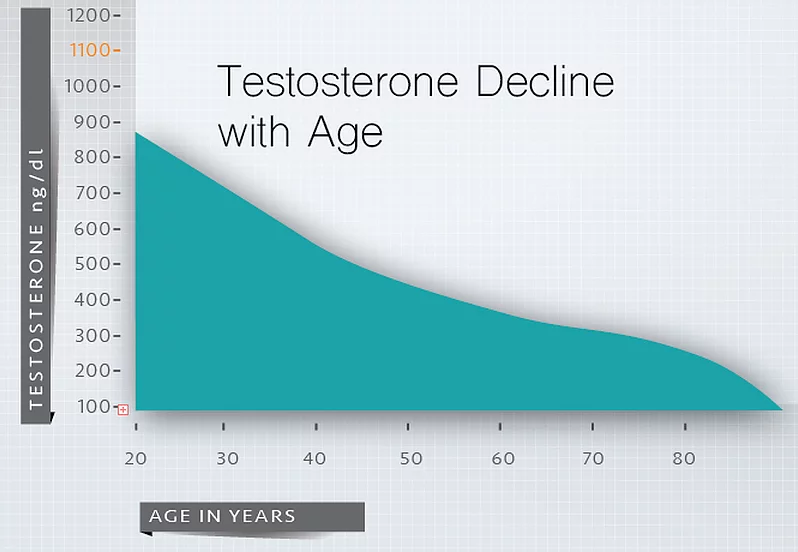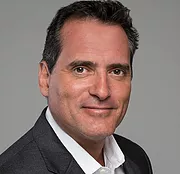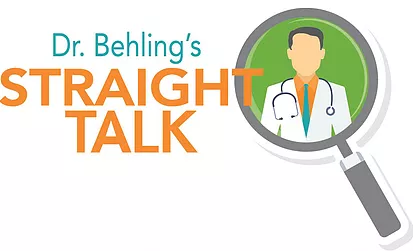HORMONE & LIFESTYLE OPTIMIZATION CLINIC
Testosterone
For Men
Testosterone, man's most important hormone.
Men lose testosterone as part of the aging process. Often those who are more active, such as those who have physical jobs or active lifestyles tend to lose more testosterone after the age of 30. Because the loss of this hormone is gradual, many may not notice the effects of the low testosterone count until health related issues occur or when they start “feeling old”. Testosterone is the primary sex hormone for men, and it controls many male physical features.
The benefits of maintaining optimal levels of Testosterone are as follows:
- Reduce fat and increase muscle mass
- Improve your concentration and focus
- Maintain sleep and feel more rested
- Maintain bone density/strength
- Increase strength and athletic performance
- Improve mood
- Improve insulin sensitivity
- Improve erectile function
- Heighten your motivation
- Increase your sense of well-being

State of the art medicine
LifeRestore MD provides hormonal optimization therapy to not only replace the strength energy and endurance lost with advancing years but maximizes physiologic levels, possibly making patients perform better than they could at 25 years of age.
Testosterone Replacement Therapy (TRT), is widely accepted and respected in the medical field and is safe when properly monitored by a physician. TRT restores youthful peak physical, sexual and athletic performance and physical recovery.
The therapy restores sex drive and erectile function of men over 30 and older and provides the hormonal fuel to allow the
growth of muscle mass necessary for basic mobility (getting out of bed) in muscle atrophied adults 70 years and older.
Symptoms of Low Testosterone are:
- Decreased Energy
- Decreased Libido
- Insomnia
- Depressed Mood
- Decreased Strength
- Decreased Endurance
- Decreased Productivity
- Anxiety
- Irritability

LifeRestore MD offers individually-tailored hormonal optimization therapy to maximize health and productivity utilizing patient’s past medical history, physical limitations and performance goals. Treatment is as safe as medically possible, with 100% medical supervision via physical and laboratory examinations at specific time intervals. Our goal is to elevate target hormone levels to within 5-10% of physiological maximum for the patient’s gender at the peak age of release. LifeRestore MD offers a complete medical evaluation service as well as provide hormonal medicines from the country’s leading pharmacies, directly to you.
More Straight Talk from Dr. Behling
The following are excerpts from a presentation Dr. Behling made to his new medical staff members that he thought might also be of interest to his patients and the public regarding Testosterone.
As men, testosterone is our most important hormone.
Testosterone is responsible for both mental and physical completeness and improved quality of life. Men reach maximum physiologic testosterone (1100 ng/dl of blood) between the ages of 18-25. Unfortunately, this is not a permanent situation. Male testosterone (“T”) levels drop 1-3% per year after we reach our peak T due to decreasing pituitary and testicular function with aging.
Out-dated medical thinking (and all insurance companies) considers a normal testosterone level to fall between 250 ng/dl and 1100 ng/dl in Hawaii and 350 ng/dl and 1100 ng/dl in Texas. This makes no sense to us. Logically it is essentially saying it is normal for a 20 y/o man to have the testosterone of a 70-year-old.
In reality, with advancing age, every man eventually passes a point where his body is unable to compensate for the decreasing T level, and symptoms develop. Symptoms of Low Testosterone fall into two groups: Mental and Physical.
Mental Symptoms
Decreased Energy and Motivation: Men with Low T lack the energy and motivation to be productive in our lives and are less effective in our working place and careers compared with men with normal T Levels. Low T men lack the necessary fuel to set and achieve goals. They spend less quality time with family/friends/loved ones.
Decreased Libido: Men with Low T may not even be seeking sex with their partners once per month.
Insomnia: Men with Low T will be woken up every 2-3 hours from very small noises that don’t wake others and will need 30-45 min to return to sleep. Many mornings they will wake more tired than when they went to sleep.
Increased Rates of Depression and Anxiety: Compared to men with normal Testosterone levels, Low T men are more often depressed and think that their actions are powerless and without effect. Men generally don’t curl up in a ball and cry when depressed. We become anxious and confused when saddened which ultimately leads to outbursts of anger and rage.
Physical Symptoms
Decreased Strength and Endurance: Men with Low T (most men 40 and above) have decreased strength; can lift less, for less time and their muscles take much longer to heal. They no longer have the hormonal fuel to build additional muscle with strength training and are only able to maintain their current muscle composition with extremely heavy physical workouts (3 or more hours 4-5 times weekly).
Increased Muscle Healing Time: Men with Low T also face 2-3 days of painful walking, moving after performing routine workouts with strength training and athletic activities. Men with normal T may face 12-24 hours of decreasing muscle soreness after strenuous workouts while they continue to heal and increase their muscle mass. Men on both GHRP#2 and TRT will generally have very little or no soreness following even rigorous workouts.
Weight Gain and Loss of Physique: Because men over 40 typically (90% or greater) no longer have an adequate amount of testosterone (and certainly not enough growth hormone) to build up their lean body mass regardless of their activity level. Their body will store what they eat as fat usually around their midsection. Six to twelve months after restoration of their normal T levels most men will shift from 15-20 lbs from their abdomen back to the muscles of their shoulders, arms and back. Their weight will generally only decrease 5 lbs or so, but they will report significant tightening of their belts and the need to buy new, smaller clothes that fit.
Erectile Dysfunction
Men with low T levels will often face progressive ED, and they are easily identified. On a scale of 1-10, with one equal to a floppy dishrag, ten as hard as a rock, and seven just enough to penetrate their partner; men with ED symptoms from Low T will report functioning at a 6-7. The male erection with low T is very much like a car running out of gas, which doesn’t just stop dead like in the movies, but sputters and shudders for up to 50-100 yards before stopping. The penis on Low Testosterone may get firm enough for penetration, but it will lose firmness spontaneously without warning, usually prior to climax and certainly if the person loses focus on maintaining their erection. Replacement to normal T levels will result in the return of the patient’s guaranteed 9-10/10 erection every time they have need of it!
Special note here: Many men will deny this symptom, and that is OK. Some will focus on it. It is our job to take the patient where they are and discuss if they want to or avoid it if they don’t want to. Be sensitive and receptive to where the patient is at. All patients will report the return of their morning erection after eight weeks (or less for most) of TRT normalization. Remember no patient is a textbook, and no one ever has all possible symptoms of any medical condition. Never press ED as a symptom if your patient denies it.
FYI: Men with other causes of ED will have reported firmness scores much lower than 6-7, and they will need more help than simply normalizing their Testosterone. These patients will be suffering from a number of maladies on top of their Low T, including but not limited to: advanced diabetes, s/p prostatectomy or TURP, physical injury to their genitalia (auto/motorcycle accidents, landmines, animal attacks,) or neurologic disorders. These patient should be encouraged to use maximum dose troches. Ultimately they may require penile injection upon which only I can discuss with them.

1600 Kapiolani Blvd., Suite 817
Honolulu, HI 96814
Click image above to hear Dr. Behling
talk about all the benefits of
testosterone therapy and more…


